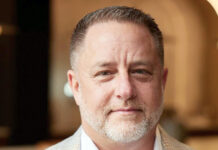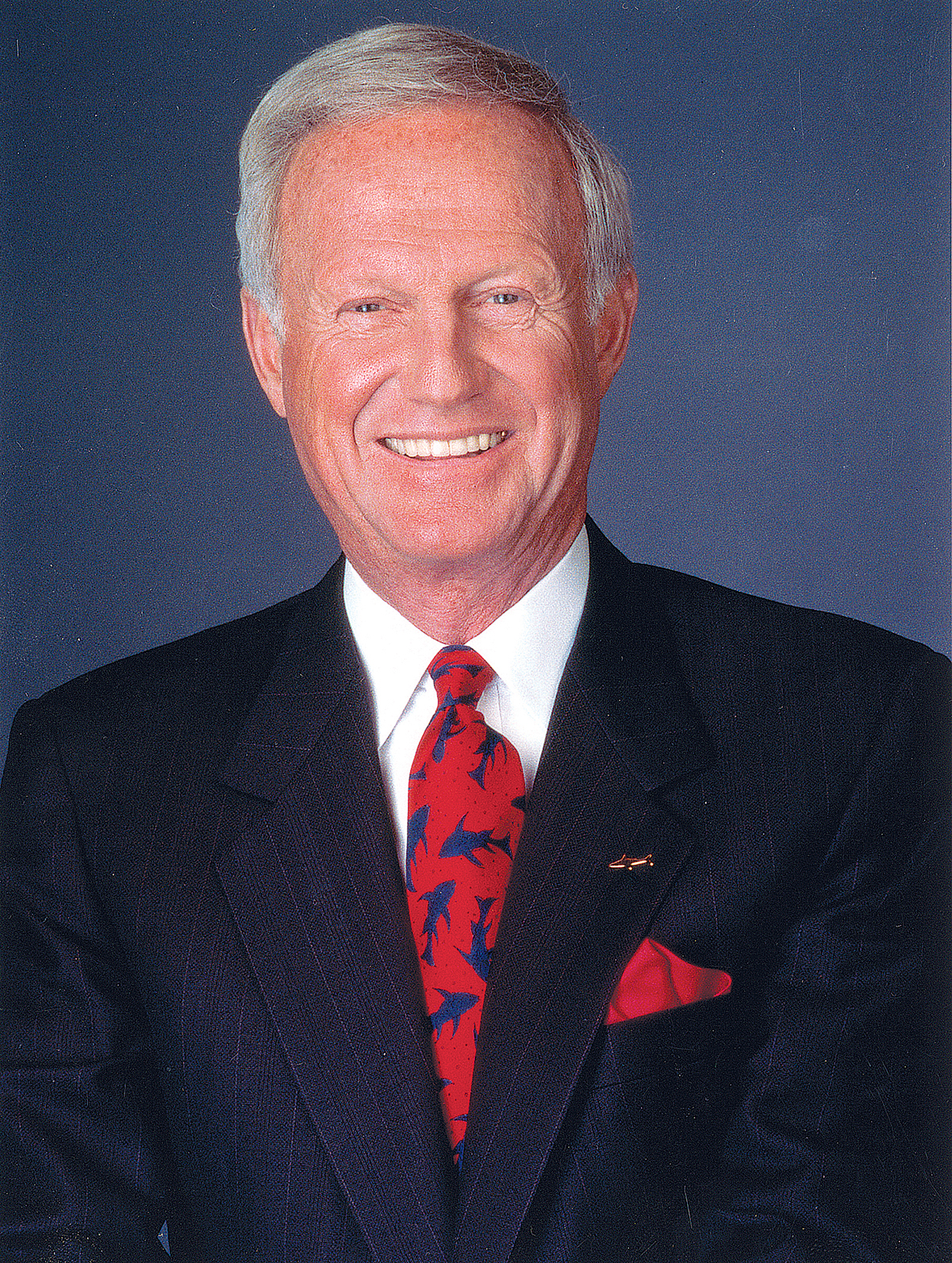In the United States, many people – so it seems – want to be famous. People love to read about the comings and goings of the rich and powerful, such as Donald Trump, Martha Stewart and Paris Hilton. And while Mr. Trump has acquired considerable real estate and Ms. Stewart has created a media empire, I’m still trying to figure out what Ms. Hilton does for a living. Never mind.
But I think there’s a way for each of us to carve out a certain claim to fame. Experts refer to it as personal branding.
Personal branding revolves around becoming known for one major skill or attribute. It’s a strategy that many companies have mastered with great success. When consumers think about Volvo, they think safety. Starbucks brings to mind premium coffee. And mom and pop can take the family to a Disney movie and know that the children will be entertained.
People can brand themselves in the same way as companies. For example, I know an administrative assistant who became skilled in preparing PowerPoint demonstrations for executives. This was long before those slides became part of our culture. Everyone at the company began to depend on Mary to help with their presentations. Mary parlayed that skill into becoming administrative assistant to the vice president of sales. In essence, she branded herself as a PowerPoint specialist, using her skills to gain a promotion.
One of the most important things about branding is to tap your own passion. You need to become skilled at something you do well, but it should also be something you love. As Huck Finn once said in the Mark Twain novel, “You can’t pray a lie.”
Reminds me of what happened to Wally Amos. Amos was unhappy working in a talent agency but enjoyed baking cookies at home using the recipe of his beloved aunt. His friends loved his cookies and encouraged him to distribute them to retail outlets. Amos started selling the cookies to local delis, which led to department stores, and soon he developed Famous Amos cookies, which were marketed worldwide. Amos had branded himself as Mr. Chocolate Chip Cookie.
Too many people that I meet complicate things. You ask what they do, and they tell you that they are the director of convergence or the manager of shared knowledge and synergy, and you wonder what they really do for a living. The key to personal branding is keeping things simple. Amos became known for making a great chocolate chip cookie, Martha Stewart for living and entertaining beautifully and Donald Trump for his business acumen.
Anyone can become a personal brand. The local tailor who alters blue jeans can become known as the “jeans guy,” and even the auto repair shop owner who keeps old cars running can be branded as “car saver.”
Another good example of personal branding is financial guru David Bach. Bach worked as an adviser for a financial services company, but after work hours gave seminars aimed at helping women with their investments. When the seminars started attracting several hundred women, he knew he had struck a chord.
Several participants asked him to recommend a book on investing, which led Bach to write “Smart Women Finish Rich.” He spoke at every bookstore within a 100-mile radius of where he lived, generated publicity locally and then nationally, and turned the book into a bestseller.
Bach’s brand revolves around empowering women (and later men) to take control of their finances. His “Finish It Rich” series has sold over 6 million copies, though he’s never deviated from his core message.
Reminds me of what Benjamin Franklin said: “Diligence is the mother of good luck.”
Here are some of my tips for becoming a personal brand:
n Become an expert at one specific thing that is an interest of yours, but build collateral skills.
n Establish a target audience. Are you appealing to single men aged 20 to 30 or women aged 40 to 60?
n Once you master something, spread the word. You can start with word of mouth, but then try to generate publicity to help get you known. Focus on publicizing your effort. Reach out to local radio stations and community weeklies, since publicity often starts small and then snowballs to major networks and newspapers. n
Mackay’s Moral: Be true to yourself. Your personal brand should emanate from what you know and love.
Harvey Mackay is author of the New York Times bestseller “Pushing the Envelope.” He can be reached through his Web site, www.mackay.com, or at Mackay Envelope Corp., 2100 Elm St., Minneapolis, MN 55414.












